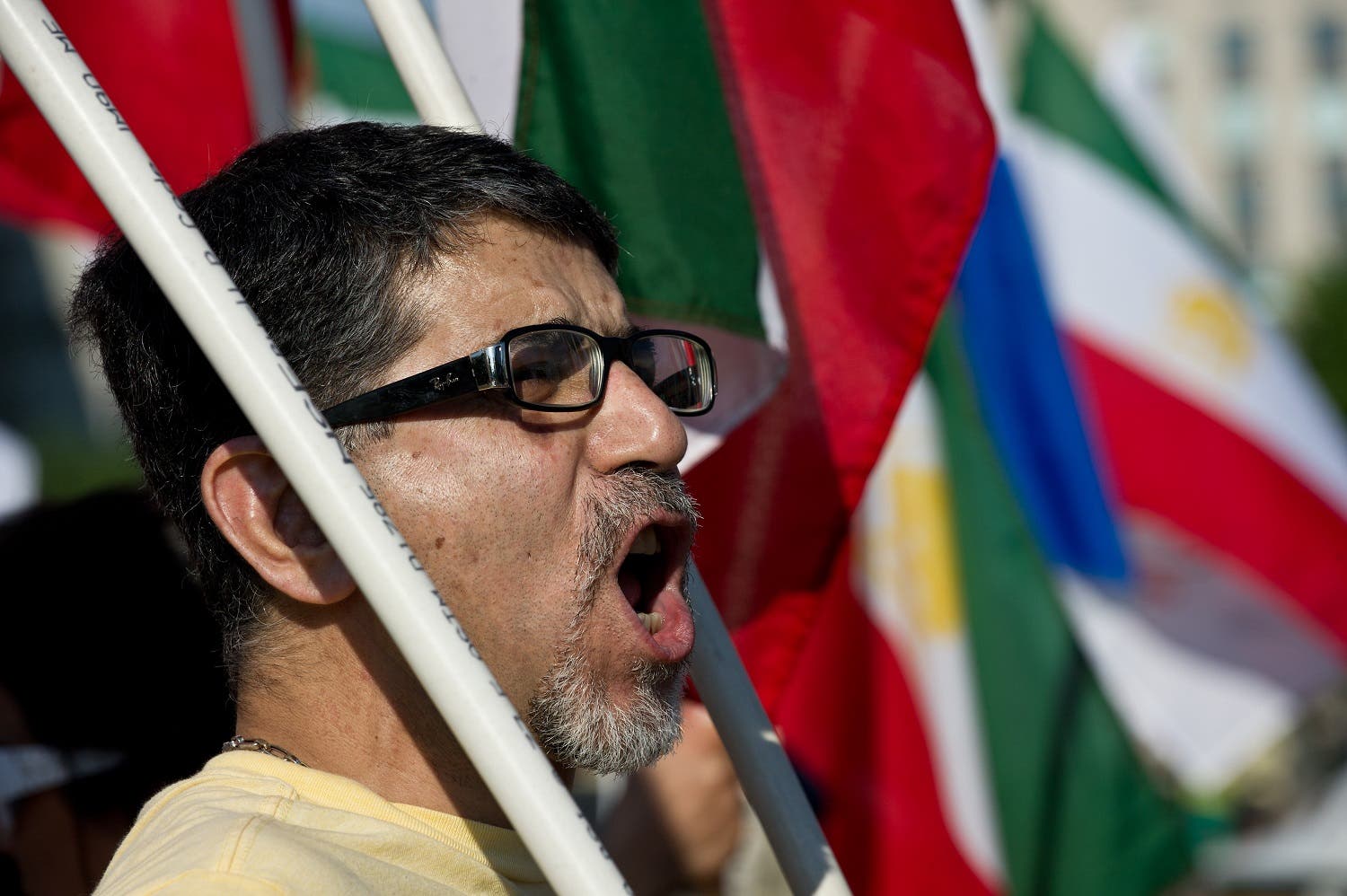Following Iran’s announcement of missiles tests under the pretext of “launching satellites” into space, the regime in Tehran is facing a new wave of political isolation.
US Secretary of State Mike Pompeo issued a statement in response: “The Iranian Regime’s Ministry of Defense has publicly announced plans to launch three Space Launch Vehicles (SLV) in the coming months. Such actions would once again demonstrate Iran’s defiance of UN Security Council Resolution (UNSCR) 2231, which calls upon the Iranian regime not to undertake any activity related to ballistic missiles capable of delivering nuclear weapons… The United States will not stand by and watch the Iranian regime’s destructive policies place international stability and security at risk. We advise the regime to reconsider these provocative launches and cease all activities related to ballistic missiles in order to avoid deeper economic and diplomatic isolation.”
Iranian Foreign Minister Mohammad Javad Zarif responded in a tweet claiming, “Iran’s launch of space vehicles— & missile tests—are NOT in violation of Res 2231…”
Two months after the US launched new sanctions against the Iranian regime, Washington apparently intends to increase its political and economic pressures to compel Tehran into at least ending its adventurous policies.
Important details
Zarif’s remarks are nothing new, as the regime claims their missiles are for defensive purposes and do not bear the capability of delivering a nuclear payload. However, both the US and Europe are showing grave sensitivity in this regard and making contrast comments.
The missile ranges are key and upgrading these vehicles into delivering a nuclear warhead are an easy step. This subject becomes especially important when placed alongside threats made by senior Revolutionary Guards (IRGC) officials saying Iranian missiles now reach Europe.
Why the tests?
It is common knowledge that the Iranian regime is facing a conglomerate of crises as we speak. One particular issue, being Iran’s restive society and continuing protests, is of the utmost importance for the ruling regime, having severe impacts on their entire apparatus, especially more members of their ranks and files throwing in the towel.
Tehran’s clerics are now in dire need of what they describe as “hope therapy.” One such measure is through ballistic missiles and satellite launching vehicles to elevate diminishing spirits.

In regards to Iran’s nuclear program, the regime continues to claim this initiative is for peaceful purposes and/or medical isotopes, knowing a complete shutdown of their “civilian” nuclear program would be humiliating in the face of the “Great Satan.”
Inside Iran and abroad, it would be considered as the regime beginning to succumb to the 12-demands raised by Pompeo.
Not so easy
These adventurous measures, however, create certain issues in already tense relations between the Iranian regime and Europe.
While Tehran desperately continues effort to create a rift between the US and Europe, the Green Continent cannot overlook Tehran’s meddling in the Middle East, support for terrorism, ballistic missile tests and human rights violations, to some extent. Making things even more complicated is the position long adopted by Tehran, saying a step back on any of these issues will be the beginning of the end on all far more important subjects.
One such sign is the impasse Iran’s regime faces in regards to Europe’s “special purpose vehicle”initiative aimed at providing a mechanism to bypass US sanctions.
This subject has become so provocative for the European Union – especially considering Washington’s start opposition – that members of Iran’s Majlis (parliament) are heard claiming Tehran is not counting on the SPV!.
Seeing the matter becoming utterly embarrassing, Zarif has made similar remarks saying there was no economic objective in signing into the 2015 nuclear deal. It appears Zarif has forgotten how the Iranian regime went on a trade-signing rampage following the nuclear signing, including with companies such as AirBus, Boeing, Total and so forth.
Mehdi Mohammadi, described as an “expert in nuclear and international policy issues,” provided an interesting response after Zarif’s remarks raised quite a few eyebrows across the board.
“If we assume that Mr. Zarif was honest in his remarks, and these words were not the result of pressures from public opinion after the nuclear deal failed to provide economic fruit… this question comes to mind that if there were no economic/sanctions-lifting objectives involved in the nuclear deal, then what objective was the nuclear deal seeking?… Why did we even negotiate in the first place?”
Final thoughts
It is an undeniable fact that Iran’s regime is facing growing isolation, as the international community is coming to understand the clerics’ mortal weakness in the face of mushrooming protests.
Having no solutions, the Iranian regime is kicking the can down the road. 2019, with protests showing no signs of cooling and Washington determined to increase economic and diplomatic pressures, is promising to be a devastating period for Tehran.
Pompeo provided a preview in a recent interview with Newsmax: “The sanctions on Iran have the ultimate goal which we are trying to achieve. Creating an outcome where the Iranian people could have better lives than they have today under this tyrannical regime.”
Leave a Reply